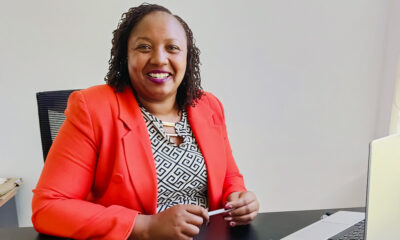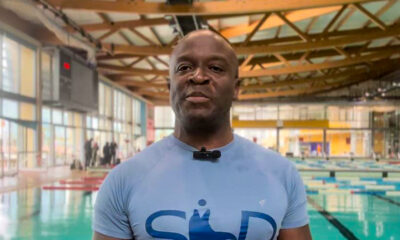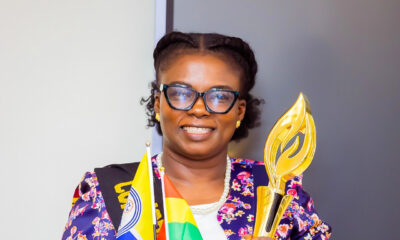News
How Obi Asika & Seun Oduwole Are Retelling Africa’s Story Through Community Hubs in Nigeria
By Gabriella Opara for Bird Story Agency
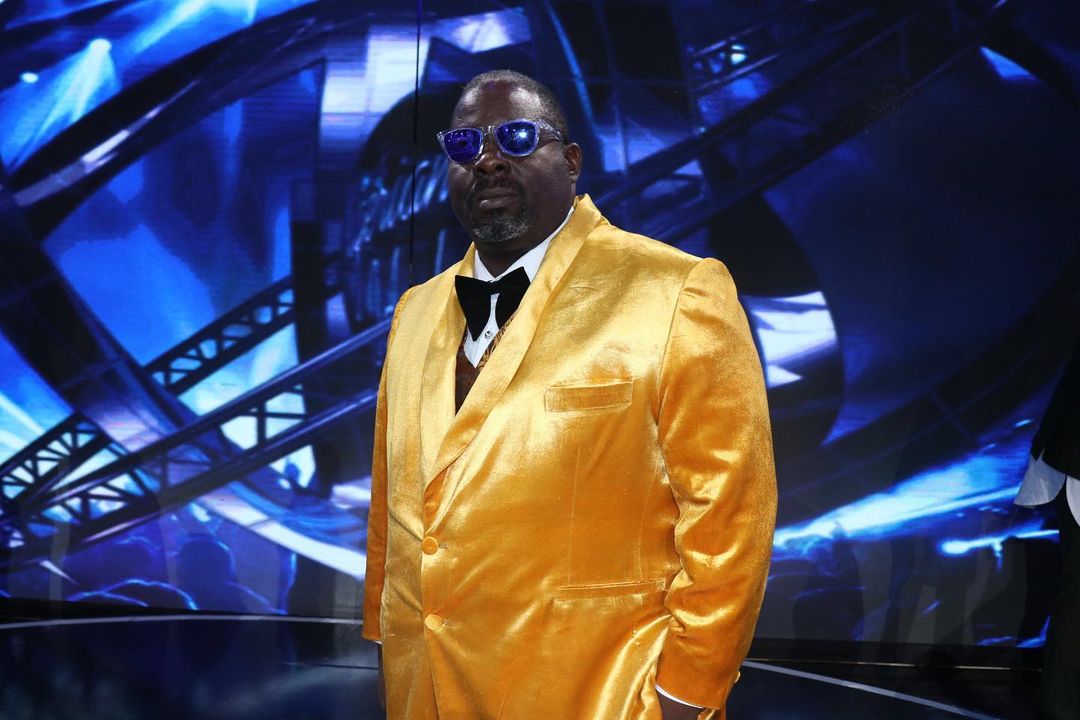
Obi Asika
In 2019, Obi Asika established the Iba Ajie Resource Center in Onitsha, Eastern Nigeria. The centre houses a tech hub, an academy, an audio-visual space, a museum, a library, a co-working space, and a restaurant.
Iba Ajie has a seating capacity of 70 in its audio-visual room, with 31 desktops at its labs, 1,000 antiquities in its museum (collected over 50 years across Nigeria and West Africa), and 2,000 books in its library.
“In the Onitsha dialect of the Igbo language, Iba means palace, and Ajie is a royal title within Onitsha city,” said Asika.
The centre also honours the memory of Asika’s father, who played a vital role in the unity of Nigeria after the 1967–1970 Biafra secessionist war.
“My father helped lead the East back into Nigeria at the end of the Civil War. He used an IBM mainframe computer in 1972. My mother, Chinyere Asika, was one of the first black women to have a master’s in computer science from the University of California, Los Angeles, in 1964,” he said.
Asika says over 10,000 documents and 100,000 pictures of Nigerian and Igbo history in the hub are from his mother, who keenly archived her work and that of her husband.
The centre, which he refers to as “simultaneously ancient and modern,” is a testimony of how Nigeria and Africa can express their soft power.
“Culture is our first love, but the metric is to create jobs for people. We want to be a funnel to help youths in our community who have felt disenfranchised for a long time. They need to master tech to hone the tools of the future, especially the metaverse, NFTs, and Web 3.0,” said Asika.
The academy, which has trained about 500 students since 2021, is helping to create awareness and a link between tech, history, and art in order to enhance the country’s soft power.
“During our incubator phase, we couldn’t find talent on the ground. Being present at Onitsha made us understand the difference between hype and reality. Many youths who came through our doors were hearing words like artificial intelligence, metaverse, coding, and STEM for the first time,” he said.
“Several of the people we’ve spoken to in Onitsha disregarded the importance of technology. When you tell them it will help them make money, they’re like, ‘I have money.’ So, what we’re doing here is bigger than we imagined when we started; we’re changing mindsets because we’ve found that’s where innovation starts. Mindset is the driving force of soft power,” Asika added.
Iba Ajie Resource Center is certified as a national tourist site by the Nigerian Tourism Development Corporation. It also plans to complete its onboarding process as the first official Google Art Center in the eastern part of Nigeria.
Elsewhere in the western part of Nigeria, Seun Oduwole also intends to change mindsets through the hub he is developing. He is, however, focusing on how Nigeria can use its “long-forgotten historic structures on the regional and global scene.
View this post on Instagram
Since 2016, Oduwole and a team of over 200 experts have been developing the John Randle Centre, known for having the first public swimming pool for Nigerians in the colonial era.
“We restored the swimming pool because it’s a vital part of the history of Lagos and Nigeria. But the John Randle Center is an entirely new institution, although the land is where the swimming pool was built by Dr John Randle in 1928, in the middle of King George V Park,” said Oduwole.
“By the 1970s, the recreation area got abandoned and dilapidated, but in 2016, we responded to a proposal to regenerate the space. It started as an urban regeneration project, but it has now evolved into cultural sustenance,” he added.
Like the Iba Ajie Resource Center, the John Randle Center boasts a museum, co-working space, theatre, library, and exhibition hall. But it extends further with its seminar rooms and office spaces, which will be available for rent to the public after it opens in December 2022.
Oduwole believes the centre will help broaden people’s minds about the relevance of culture and how Nigeria and Africa have used the concept of soft power for centuries. He has also infused immersive technology (artificial and virtual reality) to give guests a surreal experience while at the museum. With a team of animators, academics, translators, exhibitors, curators, writers, proofreaders, and more, he plans to deliver a Louvre-like experience heavily accented by Yoruba culture.
“Typically, Nigerians are not quiet people. Our culture, food, and identity are loud and expressive. You can feel the energy, smell the food, and hear the noise. You walk into this space the way you’d walk into the Louvre, the Smithsonian, or the British Museum. Still, you’re hearing Yoruba music and looking at things you recognise as if you have lived in Lagos or Ibadan,” stressed Oduwole.
“They’re representative of the Yoruba culture in the diaspora as well, whether you’re born in Cuba, Brazil, or South Carolina. It’s an influence on the culture, both locally and internationally. Even though the subject is Yoruba culture, the principles are universal because they are expressed in different ways. This is why we use immersive technology in the museum. It’s a sensory-filled place.”
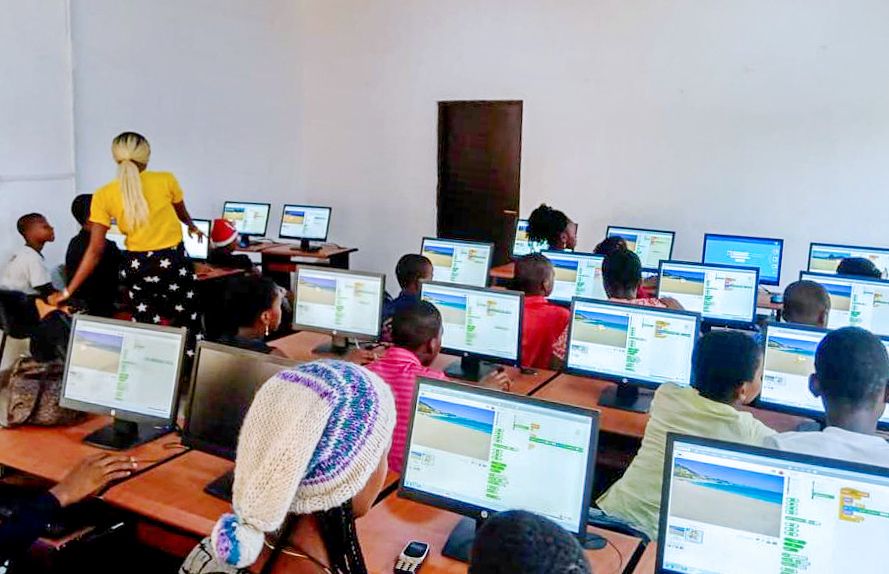
Asika and Oduwole believe that telling the untold stories of Nigeria and Africa is the way to assert Africa’s soft power globally.
Asika says, “Part of our ethos at Iba Ajie is to tell untold stories. We partner with Afia TV to document events like the Ofala festival and explain why it matters. We don’t intend to be preachy; we will be hot, creating content you want to watch.
And he added, “There’s nowhere you can watch clips that show: ‘The ten biggest traders or industries in Nnewi, Onitsha, Ariaria, Computer Village, Idumota, or Alaba.’ These legendary markets have been active for 50 years and have a rich history, but nobody knows anything about them. It’s like a closed world. That’s something we aim to change.
“Onitsha is the gateway to the east. I consider Onitsha market literature a predecessor to Nollywood. Upper Iweka Road is where Nollywood, Nigerian Afrobeats, and pop culture in West Africa started.”
Asika and Oduwole both believe that Afrobeats is Nigeria’s undeniable soft power.
“Afrobeats have taken over the world. That’s the strongest example of Africa’s soft power. You cannot go into any social space in the world and not hear Afrobeats playing, whether CKay, Davido, Wizkid, Burna Boy, Mr Eazi, or Tems. People are dancing to their songs even if they don’t understand what the words mean,” said Oduwole.
Asika, revered as one of the pioneers of Nigeria’s Afrobeats in the world, said:
“Call and response is the fundamental base of black music, and it comes from us. The chants you hear in Yoruba music, the Ogene. From gospel to jazz, R&B, and hip-hop, call and response are how we tell our stories across the continent. Hip-hop exploded, but we domesticated it, and it became Afrobeats. That’s what fascinates me about culture—the connections.”
For Oduwole, “embracing our strength is what has led to the rebirth of Nigeria’s soft power. We’re ready to celebrate our strength across literature, music, and art.” We aim to amplify and show it unapologetically,” he added.


